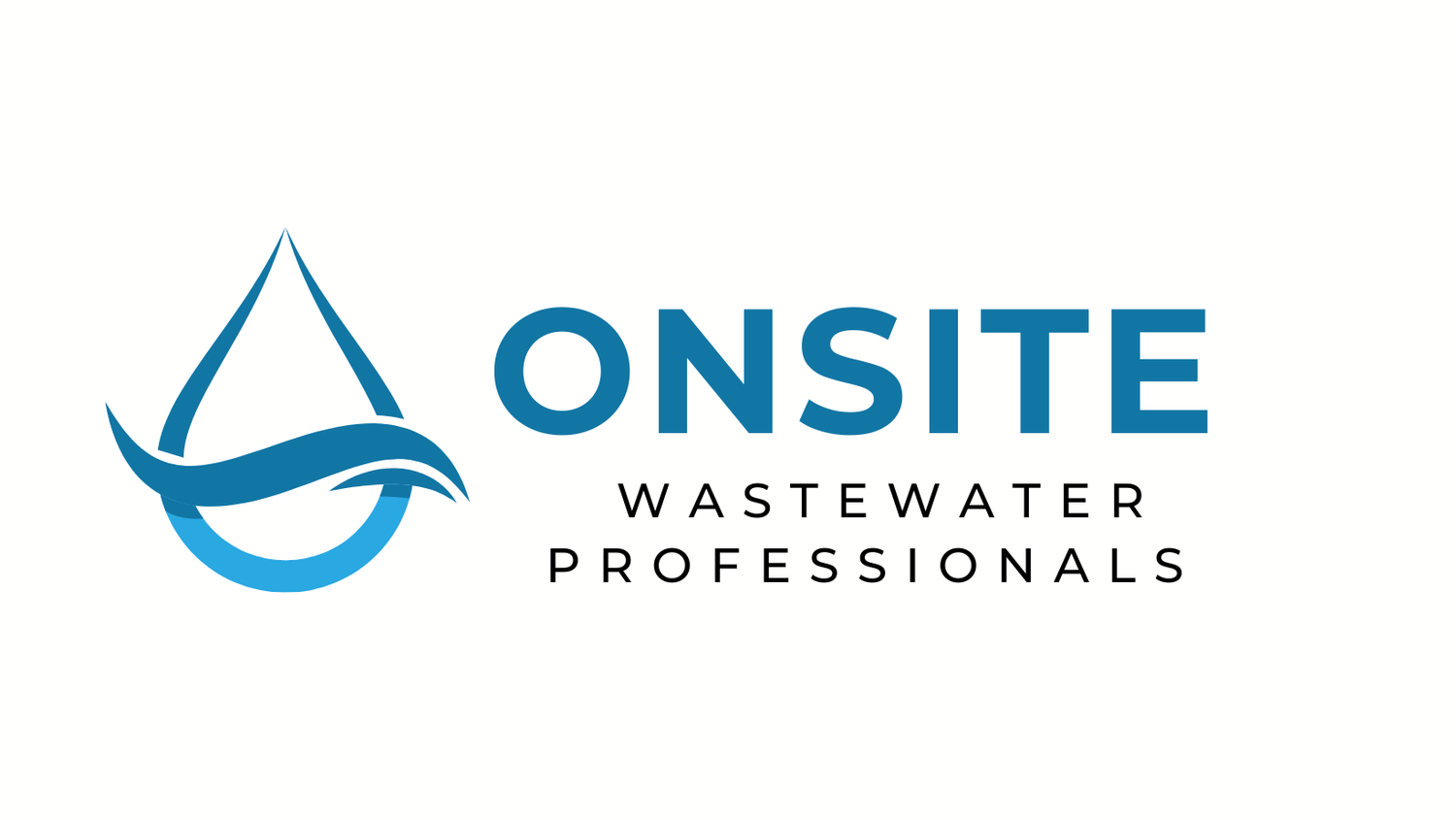Navigating Insurance in the Septic Industry: A Guide for Professionals
The septic industry encompasses a wide range of professionals, from installation contractors and inspectors to designers, pumpers, maintenance providers, soil scientists, and engineers. Each of these roles carries unique risks and responsibilities, making insurance an essential aspect of their business operations. This article delves into the different types of insurance that are crucial for various professionals in the septic industry.
1. General Liability Insurance
General Liability Insurance is fundamental for all septic industry professionals. It protects against claims of bodily injury, property damage, and personal injury that might occur during the course of business operations. This coverage is essential for:
Installation Contractors: To cover any accidental damage to a client's property during the installation process.
Inspectors: To protect against claims if an inspection leads to property damage or bodily injury.
Pumpers and Maintenance Providers: To safeguard against spills, leaks, or damage caused while performing services.
2. Professional Liability Insurance
Also known as Errors and Omissions (E&O) Insurance, this policy is crucial for professionals who provide specialized services or advice. It covers claims arising from professional mistakes, negligence, or failure to perform professional duties.
Inspectors: To cover claims if a septic system fails after being inspected and deemed functional.
Designers and Engineers: To protect against claims related to design flaws or engineering miscalculations that result in system failures.
3. Pollution Liability Insurance
Pollution Liability Insurance is particularly important in the septic industry due to the environmental hazards associated with wastewater management. This insurance covers the costs associated with pollution cleanup, third-party injury, and property damage claims resulting from pollution incidents.
Pumpers and Maintenance Providers: To cover incidents involving spills or leaks during pumping and maintenance activities.
Installation Contractors: To protect against liability for soil and water contamination during system installation.
4. Workers' Compensation Insurance
Workers' Compensation Insurance is mandatory in most states and covers medical expenses and lost wages for employees who get injured or fall ill due to their job.
All Professionals: This insurance is essential for businesses with employees, including installation contractors, pumpers, maintenance providers, and others involved in physically demanding and potentially hazardous work.
5. Commercial Auto Insurance
Commercial Auto Insurance covers vehicles used for business purposes. It provides coverage for accidents, damage, and liability associated with company vehicles.
Installation Contractors, Pumpers, and Maintenance Providers: To cover trucks and other vehicles used to transport equipment and materials to job sites.
6. Inland Marine Insurance
Inland Marine Insurance covers tools, equipment, and materials while they are being transported over land. This is particularly useful for professionals who frequently move their tools and equipment between job sites.
Installation Contractors and Maintenance Providers: To protect valuable tools and equipment from theft, loss, or damage during transit.
7. Property Insurance
Property Insurance covers damage to buildings and their contents due to events like fire, theft, or natural disasters.
All Professionals: To protect office buildings, storage facilities, and equipment housed at these locations.
8. Surety Bonds
Surety Bonds are a type of financial guarantee that a contractor will fulfill their contractual obligations. These bonds are often required for public works projects and can provide clients with peace of mind.
Installation Contractors and Engineers: To guarantee project completion and compliance with state or municipal regulations.
Conclusion
Navigating the world of insurance can be complex, but it's a critical component of managing risk in the septic industry. By understanding and securing the appropriate types of insurance, professionals can protect their businesses, employees, and clients, ensuring they can continue to provide essential services with confidence and peace of mind. Whether you are an installation contractor, inspector, designer, pumper, maintenance provider, soil scientist, or engineer, having the right insurance coverage is indispensable for your professional security and success.

